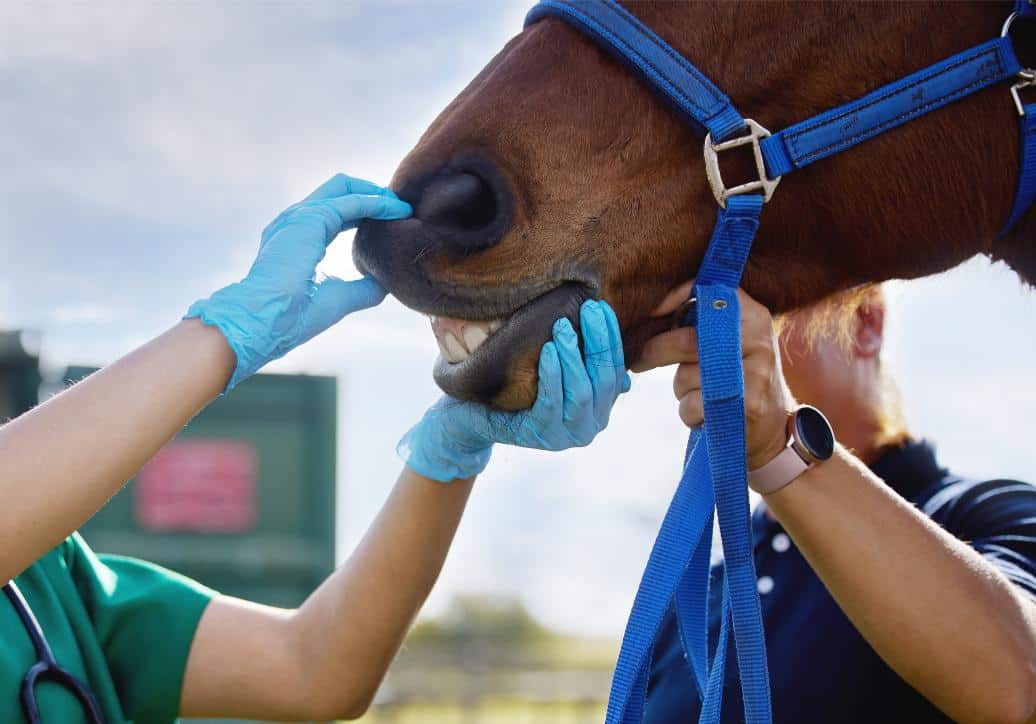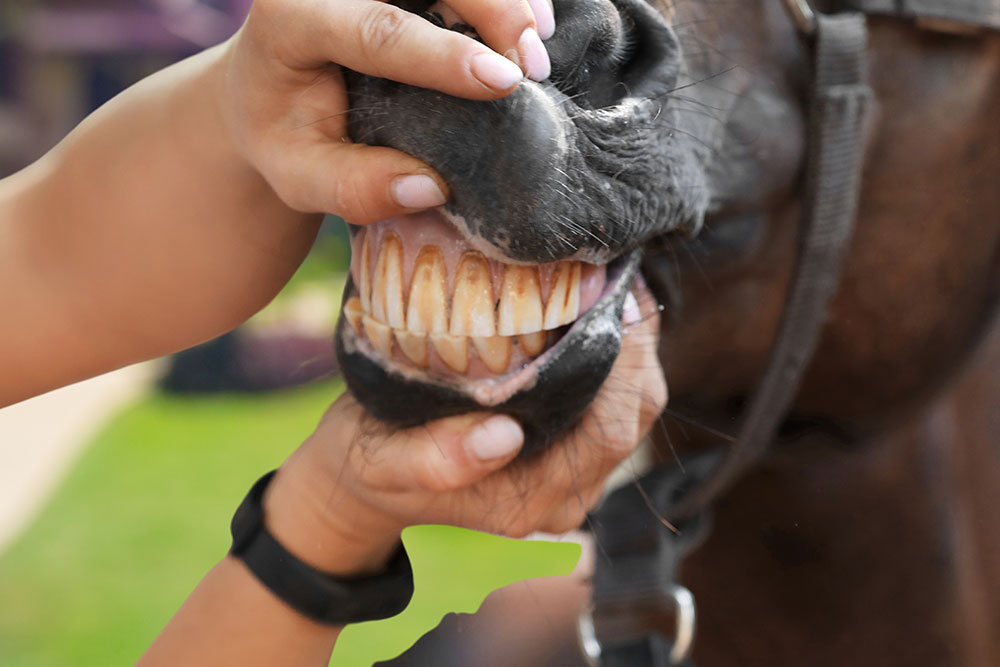Maintaining your horse’s oral health is vital for their overall well-being. Proper horse mouth cleaning tips can significantly improve their health, performance, and quality of life. As passionate equestrian enthusiasts, it’s our responsibility to ensure that our horses are happy and healthy. In this article, we’ll delve into the importance of regular mouth cleaning for horses and provide practical tips to help you get started.

Understanding the Importance of Horse Oral Hygiene
Just like humans, horses need regular oral care to prevent dental problems. Ignoring their oral hygiene can lead to severe issues such as mouth ulcers, tooth decay, and infections. Proper oral care not only enhances their comfort but also improves their performance. A healthy mouth allows horses to chew their food efficiently, ensuring they receive the necessary nutrients from their diet.
Identifying Common Horse Dental Problems
Before diving into horse mouth cleaning tips, it’s crucial to recognize common dental problems. Some prevalent issues include sharp molars, ulcers, and oral tumors. Identifying these problems early can prevent severe complications.
Sharp Molars
Sharp molars can cause discomfort and pain while chewing. They often result from uneven wear and can be detected during regular dental check-ups. Learn more about sharp molars.
Mouth Ulcers
Mouth ulcers can develop due to sharp teeth or foreign objects in the horse’s mouth. Regular dental exams can help identify and address these issues early on. For more information, check out oral tumors.
Tooth Decay
Tooth decay is another common problem that can arise from poor oral hygiene. It’s crucial to monitor your horse’s eating habits and consult a veterinarian if you notice any changes.
Effective Horse Mouth Cleaning Techniques
Now that we understand the importance of oral hygiene and common dental problems, let’s explore some effective horse mouth cleaning tips to keep your horse’s mouth healthy.
Regular Dental Check-Ups
One of the most important steps in maintaining oral health is scheduling regular dental check-ups. A professional dental exam can help identify issues early and prevent complications. Consider a dental exam before purchasing a horse.
Brushing Techniques
Brushing your horse’s teeth can help remove food particles and prevent plaque buildup. Use a horse-specific toothbrush and toothpaste to ensure their safety and comfort.
Feeding Practices
Feeding your horse a balanced diet can promote good oral health. Ensure they have access to clean, fresh water and provide them with hay or grass to encourage natural chewing behaviors.
Using Mouth Rinses
Mouth rinses can help reduce bacteria and freshen your horse’s breath. Consult your veterinarian for specific recommendations on safe and effective products.
When to Consult a Veterinarian
While regular cleaning and check-ups can prevent most issues, there are times when it’s essential to consult a veterinarian. If you notice your horse is experiencing difficulty eating, weight loss, or changes in behavior, seek professional advice immediately. Learn about the connection between behavior and tooth issues.
Conclusion
In conclusion, maintaining your horse’s oral health is crucial for their overall well-being. By following these horse mouth cleaning tips and scheduling regular dental check-ups, you can ensure your horse leads a healthy and happy life. Remember, a healthy horse is a happy horse!

FAQs
How often should I clean my horse’s mouth?
It’s recommended to clean your horse’s mouth at least once a month and schedule regular dental check-ups every six months.
Can I use human toothpaste for my horse?
No, it’s not safe to use human toothpaste for horses. Always use horse-specific toothpaste to ensure their safety and comfort.
What are the signs of dental problems in horses?
Signs of dental problems include difficulty eating, weight loss, bad breath, and changes in behavior. If you notice any of these signs, consult a veterinarian.
For more information on equine dentistry, visit US Eventing.
This article contains affiliate links. We may earn a commission at no extra cost to you.
